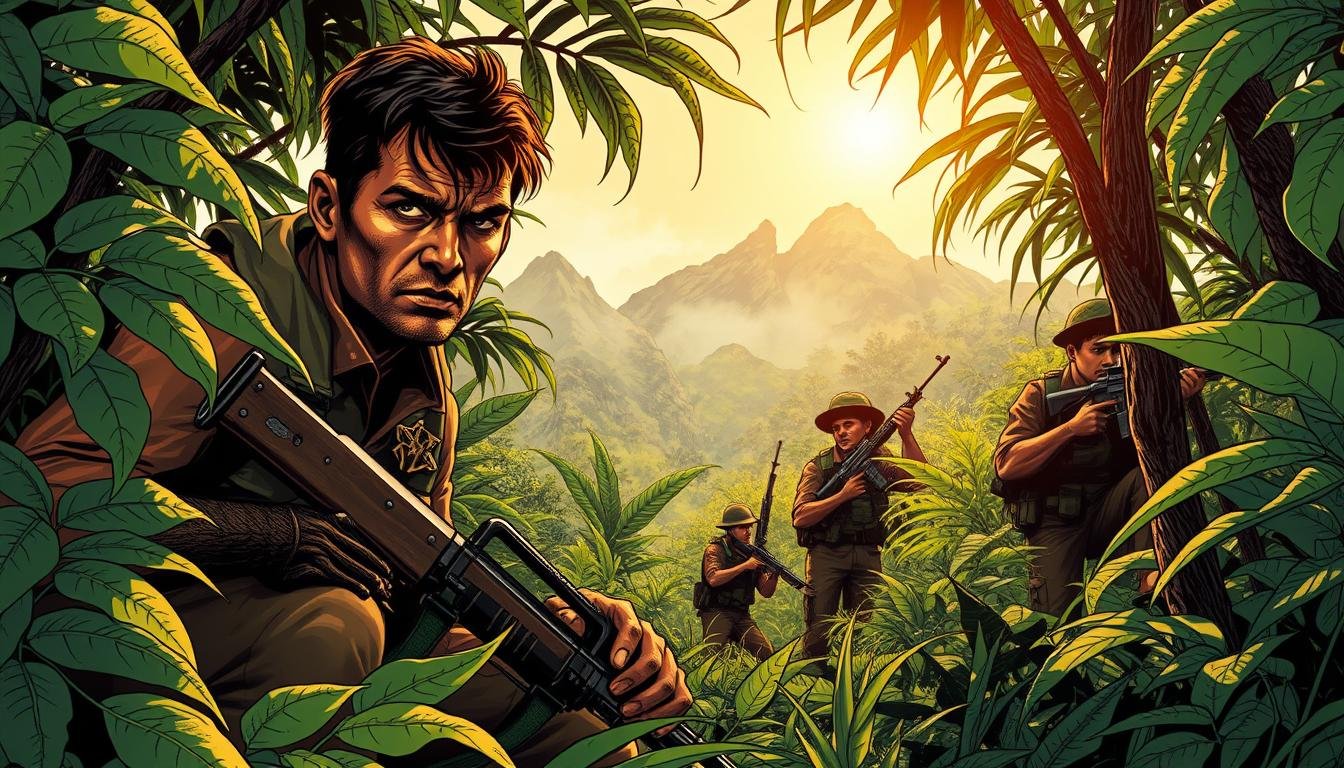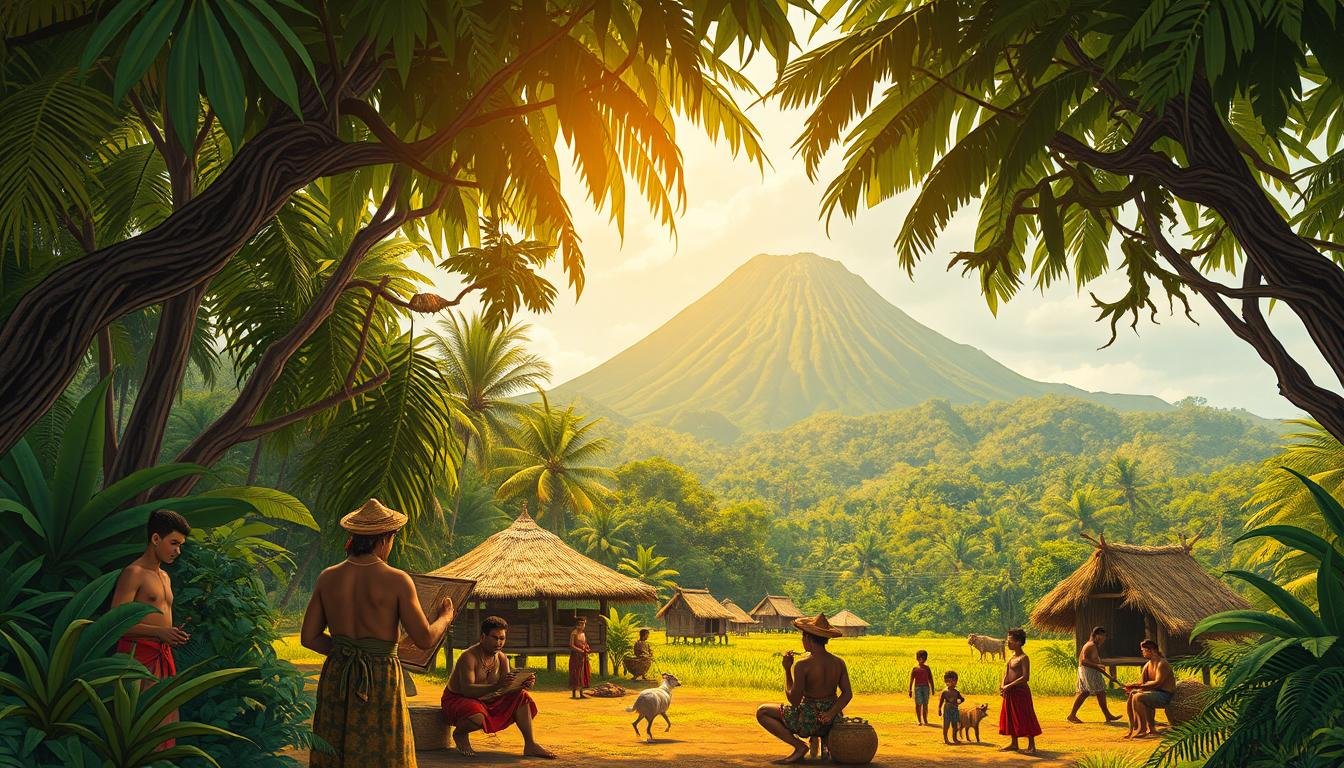The Hukbalahap movement emerged as a defining force in Philippine history during World War II. Formed in 1942, it began as a response to the Japanese invasion and quickly evolved into a powerful guerrilla force. The group, often referred to as the “Huks,” played a crucial role in resisting the Japanese occupation and protecting local…
Tag: Philippine history
The Development of Guerrilla Warfare in the Philippines
Guerrilla warfare has played a significant role in shaping the history of the Philippines. This unconventional military strategy, often used by smaller groups against larger forces, became a defining feature of the country’s struggle for independence. Rooted in both necessity and ingenuity, it reflects the resilience of the Filipino people. Globally, guerrilla tactics have been…
The Impact of Spanish Law on Philippine Society
Did you know that the Philippines was under Spanish rule for over 333 years? This long colonial period left a lasting imprint on the country’s legal and social systems. Even today, the influence of Spanish legal traditions is deeply woven into the fabric of Philippine society. Spanish law, a blend of written codes, customs, and…
The Rise of Filipino Intellectuals and Scholars in the Spanish Era
By the late 19th century, the Philippines had one of the highest literacy rates in Asia. This was largely due to the Spanish colonial education system, which laid the foundation for a new class of thinkers. These individuals, known as the ilustrados, began to question the policies of their colonial rulers. The ilustrados were deeply…
The Philippine Revolution: From Cry of Pugad Lawin to Independence
Did you know that over 1,000 members of the Katipunan gathered on August 23, 1896, to ignite a movement that would change history? This event, known as the Cry of Pugad Lawin, marked the beginning of a fierce struggle for freedom against centuries of colonial rule. The fight for independence was not just a battle…
The Development of Filipino Cuisine Under Spanish Influence
Did you know that over 377 years of Spanish colonial rule left an indelible mark on the Philippines? This influence is most evident in the country’s rich culinary traditions. The blending of indigenous ingredients with Spanish techniques created a unique food culture that continues to thrive today. Spanish settlers introduced ingredients like tomatoes, garlic, and…
The Propaganda Movement: Reform or Revolution?
Did you know that by the late 19th century, over 100,000 Filipinos were part of a growing call for change under Spanish colonial rule? This period marked the rise of the Propaganda Movement, a campaign led by Filipino intellectuals seeking reforms in the Philippines. Figures like José Rizal and Graciano López Jaena used newspapers and…
The Cavite Mutiny: A Turning Point in Philippine History
On January 20, 1872, a small but significant event at Fort San Felipe in Manila changed the course of Philippine history. Known as the Cavite Mutiny, this uprising involved Filipino soldiers and laborers who protested against harsh government policies. Though it was quickly suppressed, its aftermath sparked a wave of nationalism that would eventually lead…
The Role of the Community in Pre-Colonial Philippine Life
Did you know that pre-colonial Philippine societies were composed of 30 to 100 families, tightly knit through shared traditions and governance? These groups, often called barangays, were the backbone of social and cultural life long before foreign influences arrived. The term “community” traces its roots to the Old French word communeté and the Latin communitas,…
The Significance of Betel Nut Chewing in Pre-Colonial Philippines
Did you know that betel nut chewing dates back thousands of years in the Philippines? This ancient practice, deeply rooted in the region’s culture, played a central role in pre-colonial society. Archaeological findings from Palawan and historical records of Austronesian migrations provide evidence of its widespread use. In pre-colonial times, the betel quid—a mixture of…










